
Bananas are the delicious fruits of herbaceous plants of the genus Musa, which come in a variety of sizes and colors when ripe. Bananas are usually yellow, but they can also be red, green, purple or even black. Due to their creamy, rich and sweet taste, bananas are probably the favorite fruit all over the world. Bananas abound in hundreds of edible varieties that fall under two distinct species: the sweet banana (Musa sapientum, Musa nana) and the plantain banana (Musa paradisiacal). They are available during the whole year in almost every grocery store.
Nutritional facts about bananas
One cup of mashed bananas weighs approximately 225 grams. In one portion of this size there are 200 calories and as much as 28 grams of sugars. Bananas are very low on saturated fat, cholesterol and sodium. They are also a good source of dietary fiber, vitamin C, potassium and manganese, and a very good source of vitamin B6. One cup of mashed bananas is enough to satisfy 23% of recommended daily allowance (RDA) for dietary fiber, 33% of RDA for vitamin C, 41% of RDA for vitamin B6, 23% of RDA for potassium, and 30% of RDA for magnesium. A large portion of calories in bananas comes from sugars, and they are best if consumed unsweetened.
Health benefits of bananas
Bananas are one of the best natural sources of potassium. This mineral is essential for maintaining normal blood pressure and heart function. Bananas may help to prevent high blood pressure and protect against atherosclerosis. Potassium may also help to promote bone health and prevent them from thinning.
Bananas have powerful antacid effects and may protect stomach against damage and ulcers. Bananas may prevent acid secretion and protect stomachs from wounds. Their antacid effects work in two directions: by activating the cells in the stomach lining to produce thicker protective mucus, and by eliminating bacteria causing the stomach ulcers.
Being rich in minerals, bananas are great to replenish important electrolytes and maintain normal fluid balance and heart function. A compound called pectin can ease constipation and promote regular movements of the bowel.
Eating at least three servings of bananas per day is effective against age-related macular degeneration (ARMD), the primary cause of vision loss in older adults.
Bananas are also loaded with potent antioxidants such as vitamins A, C and E, and may protect against the cellular damage caused by free radicals.
One interesting research reveals that moderate consumption of bananas may reduce the risk of kidney cancer by 40 percent.






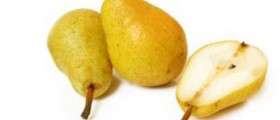

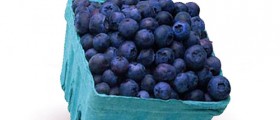

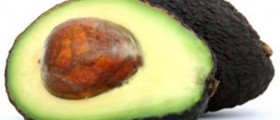
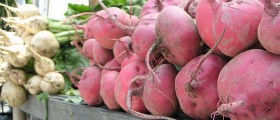

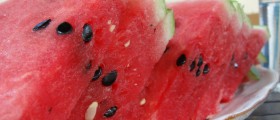



Your thoughts on this
Loading...